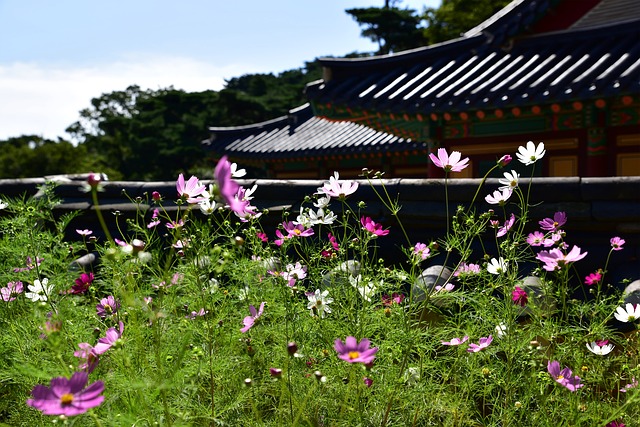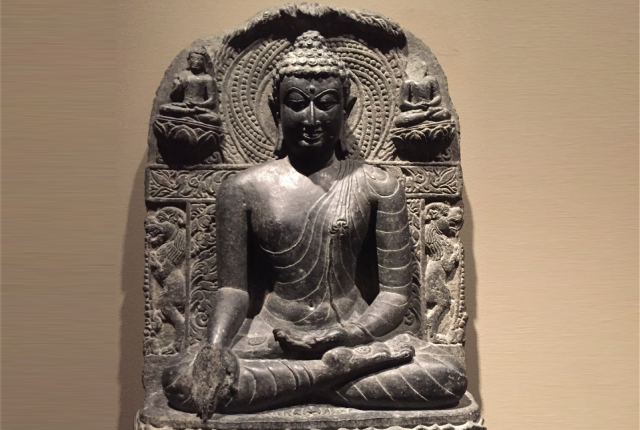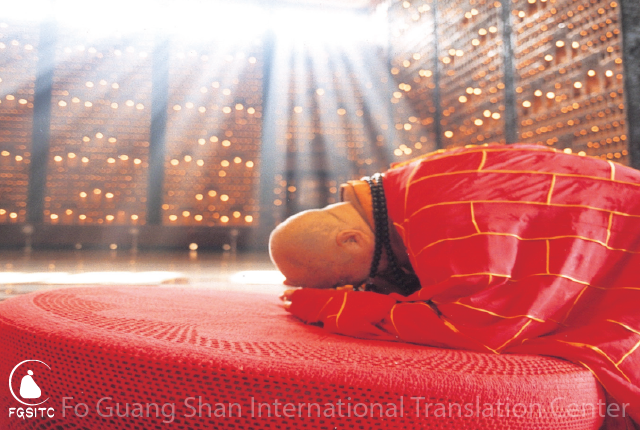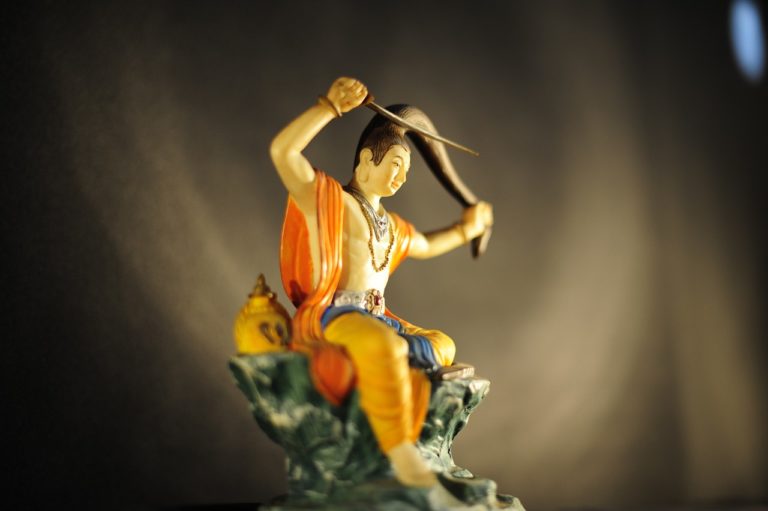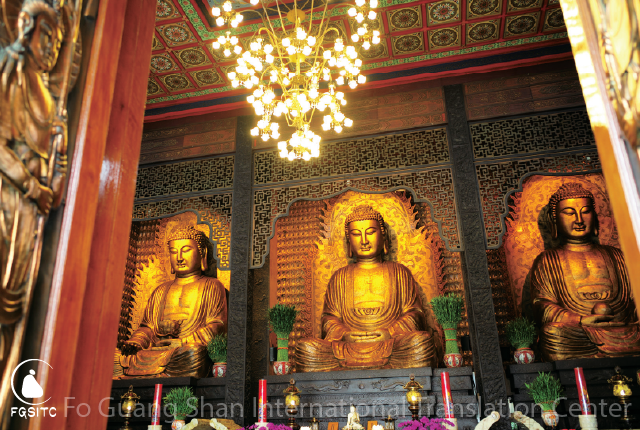One of the great advantages of sitting meditation is that you can take it with you wherever you go. Whether you are in a forest deep in the mountains or beside a stream among the grass and reeds, you can develop meditative concentration just by sitting down and crossing your legs.
But what is meditation? Does it come from sitting, standing, or lying down? Huineng, the Sixth Patriarch of the Chan School, said that meditative concentration is not found in any of these positions. In fact, Huineng once told Chan Master Zhicheng, “Abiding with the mind contemplating stillness is sickness, not
Chan.”
How should we practice meditation? The great Chan Master Zibo once said:
Without delving into the mind, sitting meditation is a pointless exercise for increasing suffering;
If you can guard your thoughts, even blaming the Buddha can be beneficial to your practice.
Meditation is not about sitting quietly with your eyes closed—this is just one method for developing meditative concentration. What matters in meditation is being able to contemplate and focus the mind.
Chan Master Nanyue Huairang once said, “Consider an
ox pulling a cart: if the cart does not move, do you hit the cart or do you hit the ox?” Beating the cart is useless. In the same way, how you concentrate the mind is far more important than what you do with the body.
Chan Master Ruiyan, who lived during the Tang dynasty, would often say to himself, “Master, are you there? Yes; yes, I am!” Most people will think someone like this is crazy, but those who know about meditation can appreciate his profound words. Chan Master Ruiyan was trying to awaken to his intrinsic nature, and thus never left the present moment even for an instant.
To practice meditation, one must focus on the present moment, stop delusion, and see the mind.
In China, the Chan School encouraged the development of meditative concentration through communal labor, like carrying firewood and water. This training allowed Chan practitioners to see their intrinsic nature by illuminating their minds, thus achieving the ultimate goal of meditative concentration.
The Fundamentals of Sitting Meditation
While it is true that meditative concentration is not about sitting, sitting meditation is still a necessary practice for beginners. Sitting meditation is required to experience the joys of meditation and to begin to contemplate and investigate one’s intrinsic nature. To begin the practice of sitting meditation, it is important to have some basic meditation knowledge and be familiar with the fundamentals.
Meditation has been explained in many different ways in many different texts throughout the centuries, and while no explanation can give a complete picture of what meditation is, they all contain valuable teachings. For example, the 6th century text, the Condensed Techniques for Stopping Delusion and Seeing Truth describes the beginnings of sitting meditation as having balanced meals, balanced rest, a balanced body, balanced breathing, and a balanced mind.
From For All Living Beings, written by Venerable Master Hsing Yun.
Image from Pixabay.



